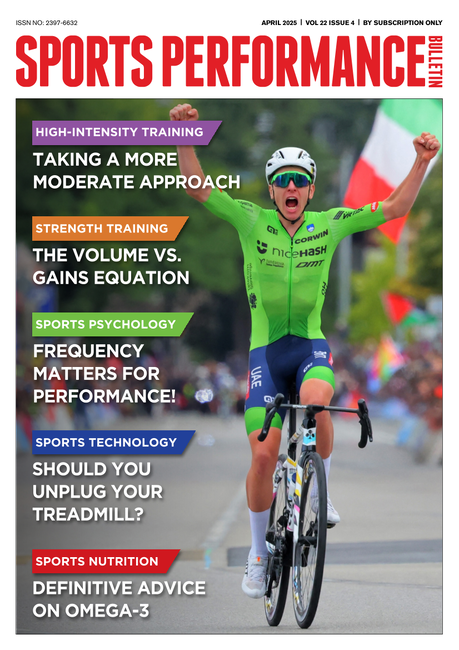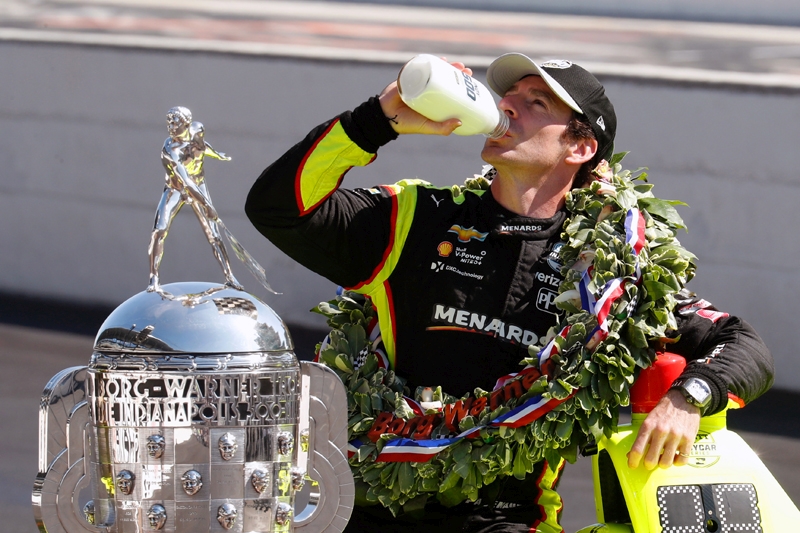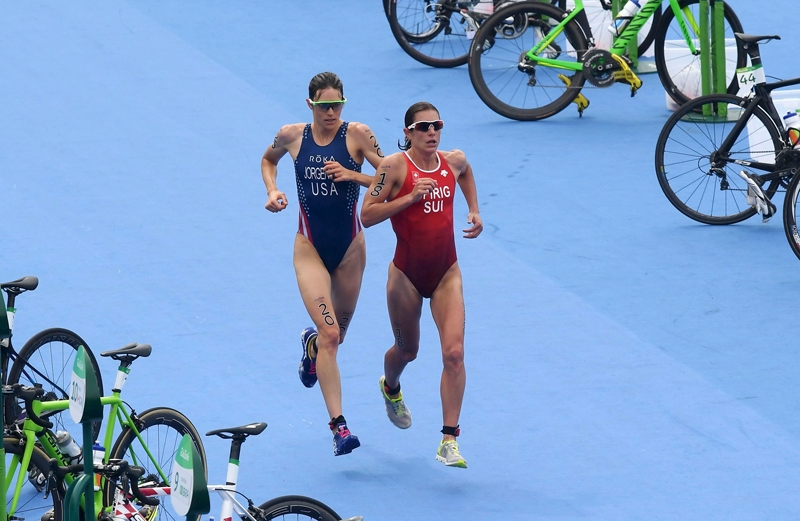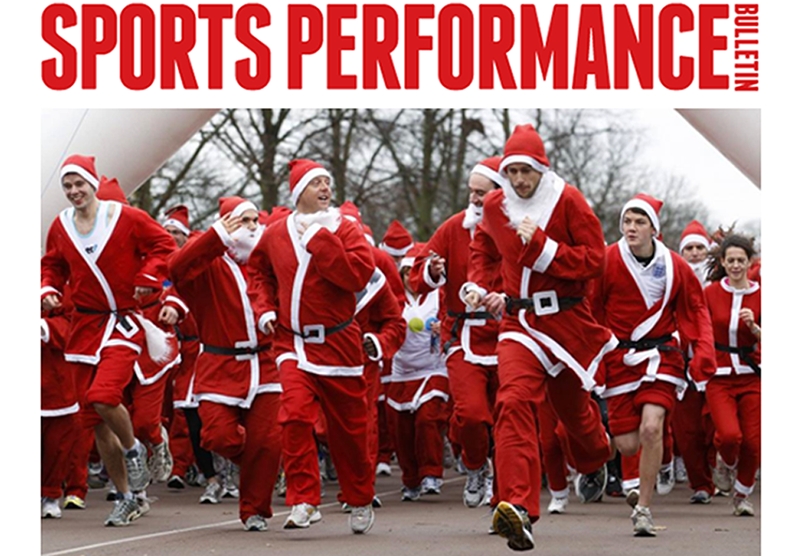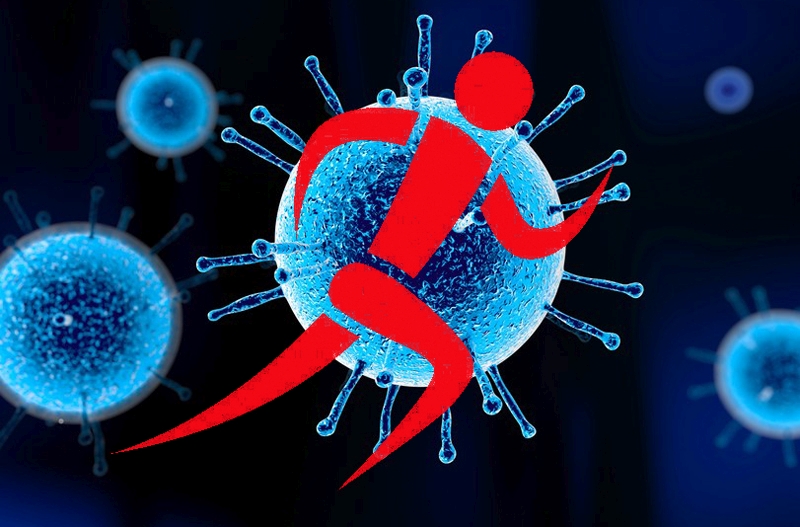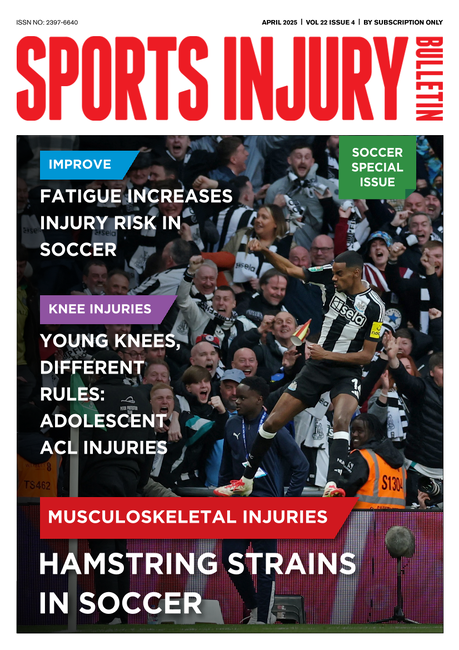Half-marathon performance: to fuel or not to fuel?
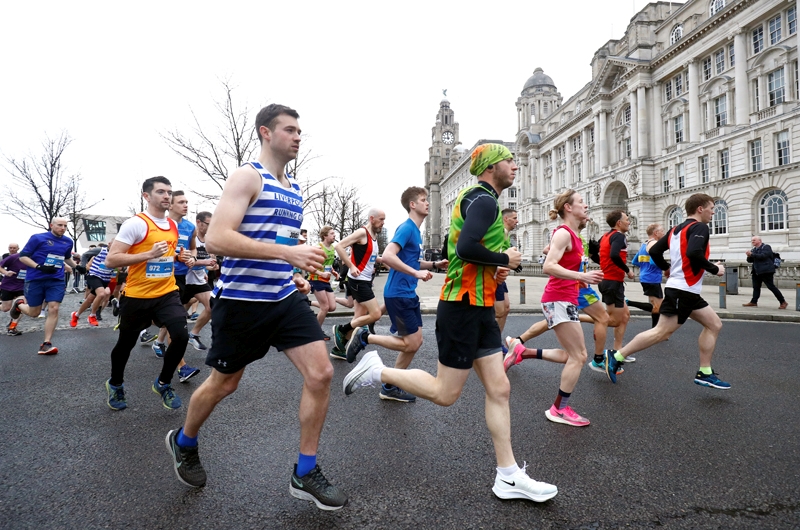
Andrew Hamilton looks at optimum fueling strategies for a half marathon, and explains why one size doesn’t fit all
The half-marathon is the most popular of all road-running events but many runners are confused about fueling – not just during the race but also the preparatory training sessions before the event. Should you be consuming in-race and in-training carbohydrate drinks and gels, or are they best reserved for the marathon distance?To answer this question, we need to understand two simple concepts about the energy demands of running a half marathon. For all athletic events lasting more than a few minutes, a large proportion of the energy is supplied from oxygen-fueled aerobic metabolism in the muscle cells, where carbohydrate and fat are combined to release the energy required for muscle contraction (see figure 1). Once the duration exceeds 30 minutes or so, nearly all energy is supplied this way. Given that the world record for the half marathon currently stands at 58mins:01secs, you can see that this event is fueled almost exclusively by aerobic metabolism - whether you’re an ultra-elite, middle-ranking, or weekend novice runner!
Figure 1: Event duration and energy source during maximal-effort exercise

The second concept concerns the ratio of fuels (carbohydrate and fat) that are oxidized in muscles during aerobic exercise. Research shows that once exercise intensity increases beyond ‘moderate’, the proportion of fat utilized for fuel declines, while carbohydrate utilization increases, until at hard or very hard intensities, nearly all of the energy to fuel exercise is derived from aerobic oxidation of carbohydrate (see figure 2)(1).
More accomplished runners will almost certainly be working near to lactate threshold throughout the half-marathon distance, and relying mainly on stored muscle carbohydrate for their energy source. Novice and recreational runners with lower levels of aerobic fitness will tend to work at slightly less intensity, which in theory means they will derive a slightly higher proportion of energy from fat.
Figure 2: Fat vs. carbohydrate burning at different exercise intensities

Hopefully, you can see that whether you’re a 1hr 15min or 2hr 15min half marathoner, carbohydrate fuelling is critical to performance. That carbohydrate will consist mainly of stored muscle carbohydrate (glycogen). However, here the elite runner has a clear advantage because muscle glycogen storage is only enough to fuel around two hour’s worth of high-intensity exercise. The elite runner will still have plenty left in the tank as he/she crosses the finish line - unlike slower runners who will be on the road nearer to two hours and maybe longer. For these less elite runners, ever lower muscle glycogen levels will likely result in heavy limbs and a noticeable increase in effort and heart rate for the same pace – inevitably forcing a reduction in pace.
Optimizing carbohydrate nutrition
Getting carbohydrate nutrition right is essential for running a good half marathon. Let’s see what this means in terms of the actual pre-race diet, the race itself and for training.- ~Pre-race diet – All runners, whether elite or non-elite should arrive at the start line with muscle glycogen stores fully topped up. This means consuming a carbohydrate-rich diet (high in bread, pasta, rice, potatoes, corn, oats, beans, lentils etc) in the 2-3 days before the race. This also assumes of course that you will be resting up during this period in order to conserve energy and be fresh for your race! And since glycogen is ‘fixed’ into the muscles with water, it’s imperative that you also consume plenty of fluids, minimising or eliminating alcohol intake (which is dehydrating). Needless to say, all runners should consume an easily-digested but carbohydrate-rich breakfast on the morning of the race, preferably containing gently-releasing energy foods such as oat-based cereals, in order to avoid energy swings and troughs.
- ~In-race nutrition – Highly-trained runners who are confident of completing the race in under 75 minutes or so have no particular need to consume carbohydrate drinks or gels during the race to top up glycogen stores, although fluid might be desirable in hot conditions. Where race duration is expected to exceed 75 minutes, some modest use of carbohydrate drinks and gels (supplying around 30 grams per hour) is recommended to top up stores, (see figure 3). For race durations of 120+ minutes, carbohydrate supplementation supplying 60-75 grams per hour will help stave off the worst effects of glycogen depletion. The golden rule of any carbohydrate supplementation however is to *try it in training first*! Gels in particular may be less well tolerated by some runners, and some research shows that the gastric distress they cause could lead to a slower rather than faster half marathon time(4).
- ~Half marathon training nutrition – During preparation, most runners’ training sessions will be of shorter duration than their anticipated race time. However, the use of carbohydrate drinks and gels is popular during training on the basis of helping to keep muscles ‘topped up’ and so reduce the likelihood of fatigue in subsequent sessions. While there’s some merit in this, particularly for slower runners performing longer sessions, or where it’s difficult to consume a carbohydrate-rich meal after training, there’s a good reason NOT to habitually use carbohydrate during training. When carbohydrate is always freely available, muscles will become less efficient at fat burning. While your fat-burning capacity is not (as we’ve seen) a deal breaker for half-marathon performance, performing some regular training sessions that enhance fat burning IS good for reducing body fat and increasing sustainable power-to-weight ratio. All things being equal, lower levels of body fat (and therefore weight) will reduce your energy expenditure and oxygen consumption at any given pace – or to put it another way, your maximum sustainable pace will be higher. It’s no coincidence that all elite runners have low body fat levels and excellent power-to-weight ratios!
Figure 3: Exercise duration and carbohydrate intake recommendations

NB: single transportable carbohydrate refers to glucose/maltodextrin products; multiple transportable refers to glucose/fructose products.
Other factors to consider
Although carbohydrate nutrition is critical for half-marathon performance, don’t forget about the importance of hydration, especially in warm conditions. Drink plenty of fluid prior to the race to ensure you’re fully hydrated at the start. Unless it’s very hot, faster runners will likely have little need to consume fluid during the race; however, slower runners should consider consuming fluid, even in more temperate conditions. For both elite and non-elite runners, pre-race caffeine is a proven ergogenic aid, helping to stave off fatigue, thereby extending endurance, and should be considered as a useful nutritional tool for half-marathon performance(5,6). Pre-race nitrate (in the form of beetroot juice) appears to enhance sub-maximal endurance performance, which could particularly benefit slower runners(7), but it seems less effective for more elite athletes(8). Don’t forget the golden rule though – try any supplementation strategies out in training before using them in a race!References
- Scand J Med Sci Sports. 2019 Jul;29(7):910-921
- Nutrition 20: 678-688, 2004
- J Appl Physiol (1985). 2016 Jan 15;120(2):107-13
- Int J Sport Nutr Exerc Metab. 2005 Dec;15(6):573-89
- J Appl Physiol.; 93(3): 990-9, 2002
- Int J Sport Nut & Ex Metab.; 14(6): 626-46, 2004
- J Acad Nutr Diet. 2012 Apr;112(4):548-52
- Scand J Med Sci Sports. 2013 Feb;23(1):e21-31
You need to be logged in to continue reading.
Please register for limited access or take a 30-day risk-free trial of Sports Performance Bulletin to experience the full benefits of a subscription. TAKE A RISK-FREE TRIAL
TAKE A RISK-FREE TRIAL
Newsletter Sign Up
Testimonials
Dr. Alexandra Fandetti-Robin, Back & Body Chiropractic
Elspeth Cowell MSCh DpodM SRCh HCPC reg
William Hunter, Nuffield Health
Newsletter Sign Up
Coaches Testimonials
Dr. Alexandra Fandetti-Robin, Back & Body Chiropractic
Elspeth Cowell MSCh DpodM SRCh HCPC reg
William Hunter, Nuffield Health
Keep up with latest sports science research and apply it to maximize performance
Today you have the chance to join a group of athletes, and sports coaches/trainers who all have something special in common...
They use the latest research to improve performance for themselves and their clients - both athletes and sports teams - with help from global specialists in the fields of sports science, sports medicine and sports psychology.
They do this by reading Sports Performance Bulletin, an easy-to-digest but serious-minded journal dedicated to high performance sports. SPB offers a wealth of information and insight into the latest research, in an easily-accessible and understood format, along with a wealth of practical recommendations.
*includes 3 coaching manuals
Get Inspired
All the latest techniques and approaches
Sports Performance Bulletin helps dedicated endurance athletes improve their performance. Sense-checking the latest sports science research, and sourcing evidence and case studies to support findings, Sports Performance Bulletin turns proven insights into easily digestible practical advice. Supporting athletes, coaches and professionals who wish to ensure their guidance and programmes are kept right up to date and based on credible science.


